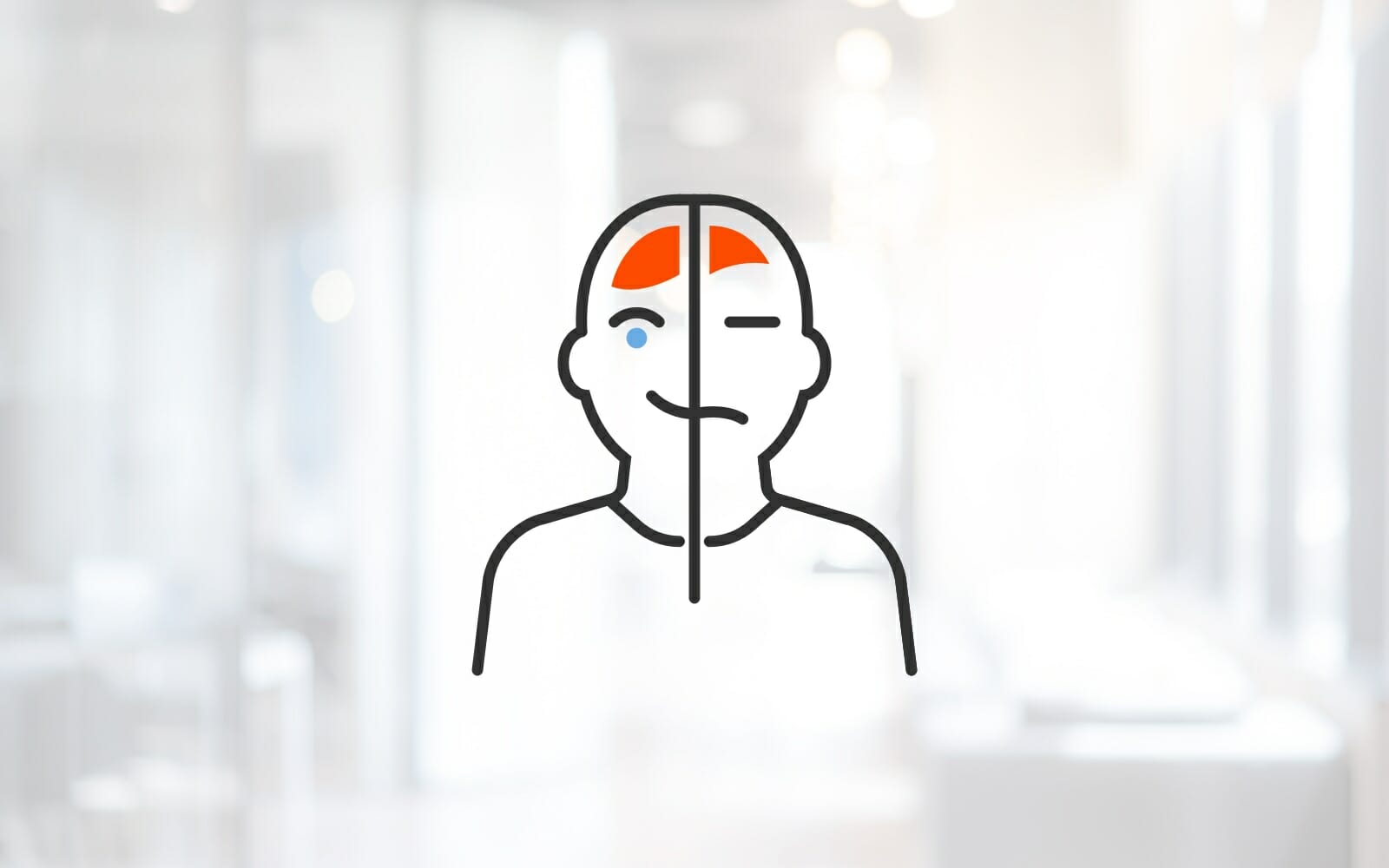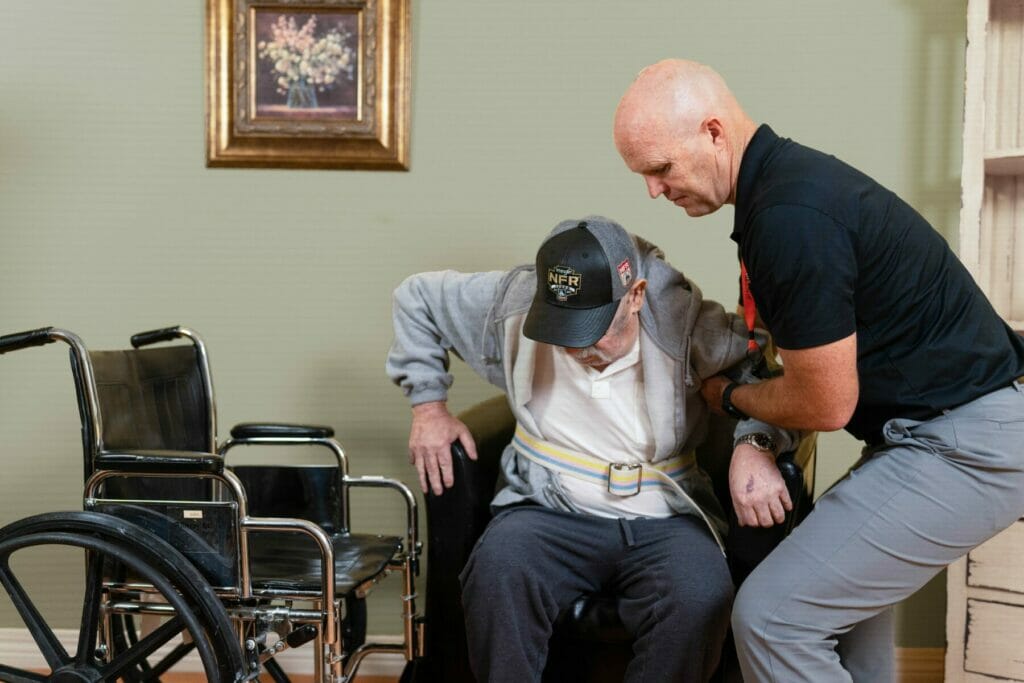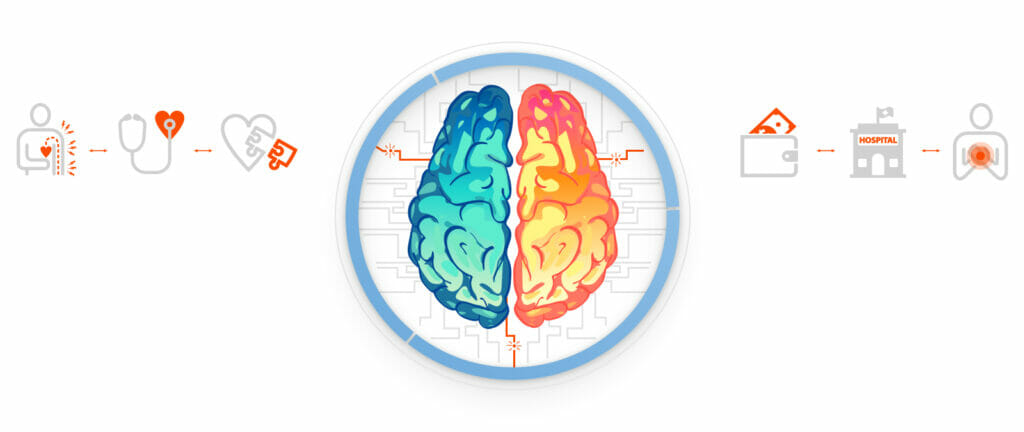
Having a stroke often means living with life-altering consequences and a poorer quality of life. Hospice for stroke provides the emotional, social, spiritual, and physical support needed in end of life situations.
A stroke occurs when the supply of oxygen rich blood is disrupted to the brain because of a blockage or rupture. Regardless of the type of stroke, the effect is the same. Oxygen enriched blood cannot get where it needs to, and cells begin to lose function and die
Did you know…
- There are 750,000 strokes in the US every year. Patients older than 85 years account for 17% of those cases each year.
- Stroke is the 5th leading cause of death each year in the USA.
- Patients 75 years and older have the highest probability of death within 5 years of having a stroke.
- Stroke is one of the leading causes of disability, with only about 50% of stroke survivors being able to return to work.
What are the Consequences of a Stroke?
The consequences of a stroke vary from patient to patient. They depend on the area of the brain that was affected. These consequences influence both the quality of life and the overall mortality of the patient. Many patients have unmet needs and poor symptom control long after the onset of a stroke.
A stroke impacts more than just the victim. Loved ones are often thrust into this new caregiving role unexpectedly, affecting both their and the patient’s quality of life.
Some of the most common disabilities that come from a stroke include:
- Pain:
- One-sided weakness
- Increased fatigue
- Trouble swallowing
- Muscle spasticity
- Memory problems
- Uncontrollable crying or laughing
- Impaired ability to communicate
- Depression and anxiety
When Does a Stroke Survivor Qualify for Hospice?
To qualify for hospice, it is less about the size of the stroke and more about the lingering effects of the stroke. To qualify, a patient must be unable to do any work, require a considerable amount of help with self-care and have a reduced amount of nutritional intake. Other factors that help support the hospice diagnosis include weight loss greater than 10% in the last 6 months, a history of pulmonary aspiration, and severe dysphagia preventing sufficient nutritional intake.
Managing Stroke Complications with Active Hospice
At Active Hospice, we believe in providing comfort, control, and quality over the end of life. To do so, our staff will assess and manage any number of complications, including but not limited to pain, delirium, respiratory distress, incontinence, constipation, skin care, seizures, anxiety, and depression. Other services that we provide include the teaching of nutrition via enteral feeding tubes, assistance with activities of daily living, and support for caregivers. Our social workers and chaplains providing emotional support and end of life planning. We offer bereavement services for family members after their loved one passes.
Why Choose Active Hospice?
Strokes can have a debilitating effect on the lives of those who survive. Many people see an initial improvement in symptoms only to experience an eventual decline in function, cognition, and quality of life. Active Hospice provides the emotional, social, spiritual, and physical support needed to attain a sense of closure and understanding at the end of life. If you or a loved one are suffering from the disabling effects of a stroke, call us today for a free, in-home assessment!




